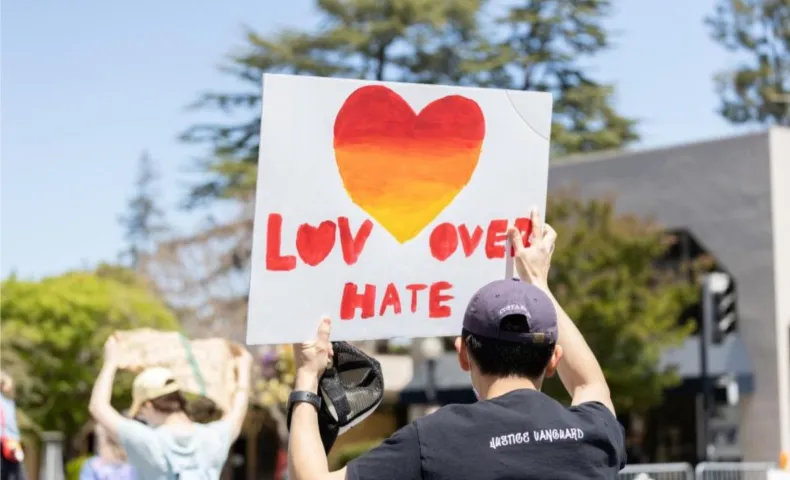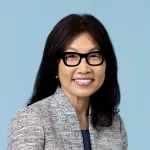 Photo Credit: Rohan Vaswani
Photo Credit: Rohan Vaswani
Inclusion and Belonging: No Time To Step Back
When I stepped into leadership five years ago at the Haas, Jr. Fund, I knew one thing for sure—we needed to keep pushing for a country and a society where we all belong.
The pandemic and the racial uprising of 2020 put a bright spotlight on the inequities and the disparities that keep so many people from finding opportunity, safety, and good health. Today, the tensions and the crises are not letting up as we witness unprecedented global conflicts, deepening political polarization, and divisive, harmful narratives about immigrants, LGBTQ people, and Muslims and Jews.
In the face of these problems, one would hope to see a larger focus on bridging our differences and bringing people together. But across society, the voices for inclusion and belonging are having a hard time breaking through. Even in philanthropy, we are seeing a retrenchment as funders’ support for racial justice and diversity, equity, and inclusion (DEI) has experienced a drop-off from the period following the murder of George Floyd.
For the Haas, Jr. Fund and many of the foundation partners we work with, this is no time to step back. If anything, we believe the current moment calls on us to take a harder look at what we do and how we do it, and to explore new ways to find—and advance—our common humanity.
As bell hooks has said: “When we choose to love we choose to move against fear—against alienation and separation. The choice to love is the choice to connect—to find ourselves in the other.”
Yes, we have a choice. And at Haas Jr., we are choosing to remain hopeful. And we are committed to sticking with our work and our mission—advancing equality and justice—for the long haul. We’re also committed to thinking in new ways about how we can advance and promote the concept of belonging.
Practicing Belonging
Ashlin Malouf-Gashaw, deputy director of strategy and program at the Othering and Belonging Institute (founded by the Haas, Jr. Fund) describes belonging in a way that really unpacks it for me:
“Belonging is, 'I'm in such deep relationship with you that no matter what space I step into, I hold your story. I hold your experience. Who you are has become a part of me.'”
One of our core values at Haas Jr. is inclusion—and yet, like so many others, we are still figuring out how to practice belonging and live it in an authentic way. We are stretching ourselves and making progress with the help of our partner and coach, Dr. Zachary Green, professor of Leadership Studies at the University of San Diego. Our staff is stepping into courageous spaces to reflect and work together to create a culture of belonging—one that embraces and supports people from all identities and economic backgrounds.
At a recent staff meeting, members of our team identified several elements of belonging that resonated with them: “full humanity,” "more than access, “meaningful participation," "a bigger we," "I hold your story" and “no person is being left out of the circle of concern.” Thinking deeply about each of these phrases gives us clues about what a brighter, more inclusive future could hold.
Through dialogue, learning, and deliberative action, we are trying to be an organization that advances equity beginning with race while caring about a range of different identities such as gender and LGBTQ status. Together, we have identified concrete outcomes for our inclusion and belonging work and are monitoring progress to keep ourselves accountable.
As we continue on this journey, these are the questions we’re asking ourselves:
- Whose voices and opinions are we valuing and including in our program work?
- How can we build bridges across different communities and help increase understanding and trust in this divisive time?
- What more can we do to bring our grantee partners into our circle of concern?
- What tangible steps can we take to become a truly inclusive organization?
Given the times, listening and learning are more valuable to me. I would love to hear from you. Please share your thoughts, ideas, and what you’re trying. This still feels like only the beginning, and I’m committed to staying on this path of transformation.
As we close out the year, best wishes for a peaceful, just and inclusive 2024. We look forward to working with you to advance equality and justice.
